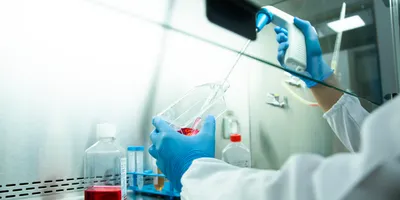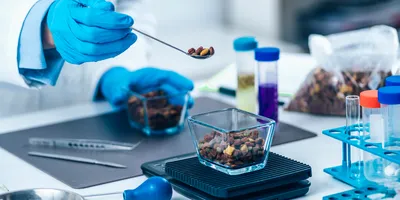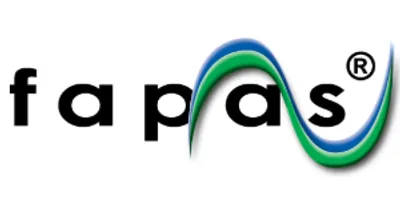 Roots make channels through soils that help water flow through and be absorbed.Photo Courtesy of: Daniel Giménez
Roots make channels through soils that help water flow through and be absorbed.Photo Courtesy of: Daniel Giménez
Underneath our feet, soil’s complex system of tiny channels has huge implications for water. The Soil Science Society of America (SSSA) September 15th Soils Matter blog post explains how water’s movement through soil affects us all.
“Some of the pores in soil create ‘preferential flow channels’ that direct water movement in various ways,” says scientist James Hartsig, “Knowing about preferential flow is important for soil scientists. It helps them predict and solve problems seen by growers, researchers, developers, and conservationists.”
How important is it to have these water channels? The rate of water flow through these minute water channels in soils changes dramatically based on the size of the channel. A ten-fold increase in the diameter of a channel results in a 10,000-fold increase in the water flow!
Related Article: The Relationship Between Soil Color and Climate
“These channels can quickly drain the soil surface after a heavy rain event. This reduces erosion potential and the loss of valuable topsoil. On the other hand, chemicals can rapidly move through the soil profile via these channels. Preferential flow is often blamed for polluting groundwater for this reason,” Hartsig says.
To read the entire blog post, visit https://soilsmatter.wordpress.com/2016/09/15/why-do-scientists-care-how-water-moves-through-soil.
Follow SSSA on Facebook at https://www.facebook.com/SSSA.soils, Twitter at SSSA_Soils. SSSA has soils information onwww.soils.org/discover-soils, for teachers at www.soils4teachers.org, and for students through 12th grade,www.soils4kids.org.
The Soil Science Society of America (SSSA) is a progressive international scientific society that fosters the transfer of knowledge and practices to sustain global soils. Based in Madison, WI, and founded in 1936, SSSA is the professional home for 6,000+ members and 1,000+ certified professionals dedicated to advancing the field of soil science. The Society provides information about soils in relation to crop production, environmental quality, ecosystem sustainability, bioremediation, waste management, recycling, and wise land use.











